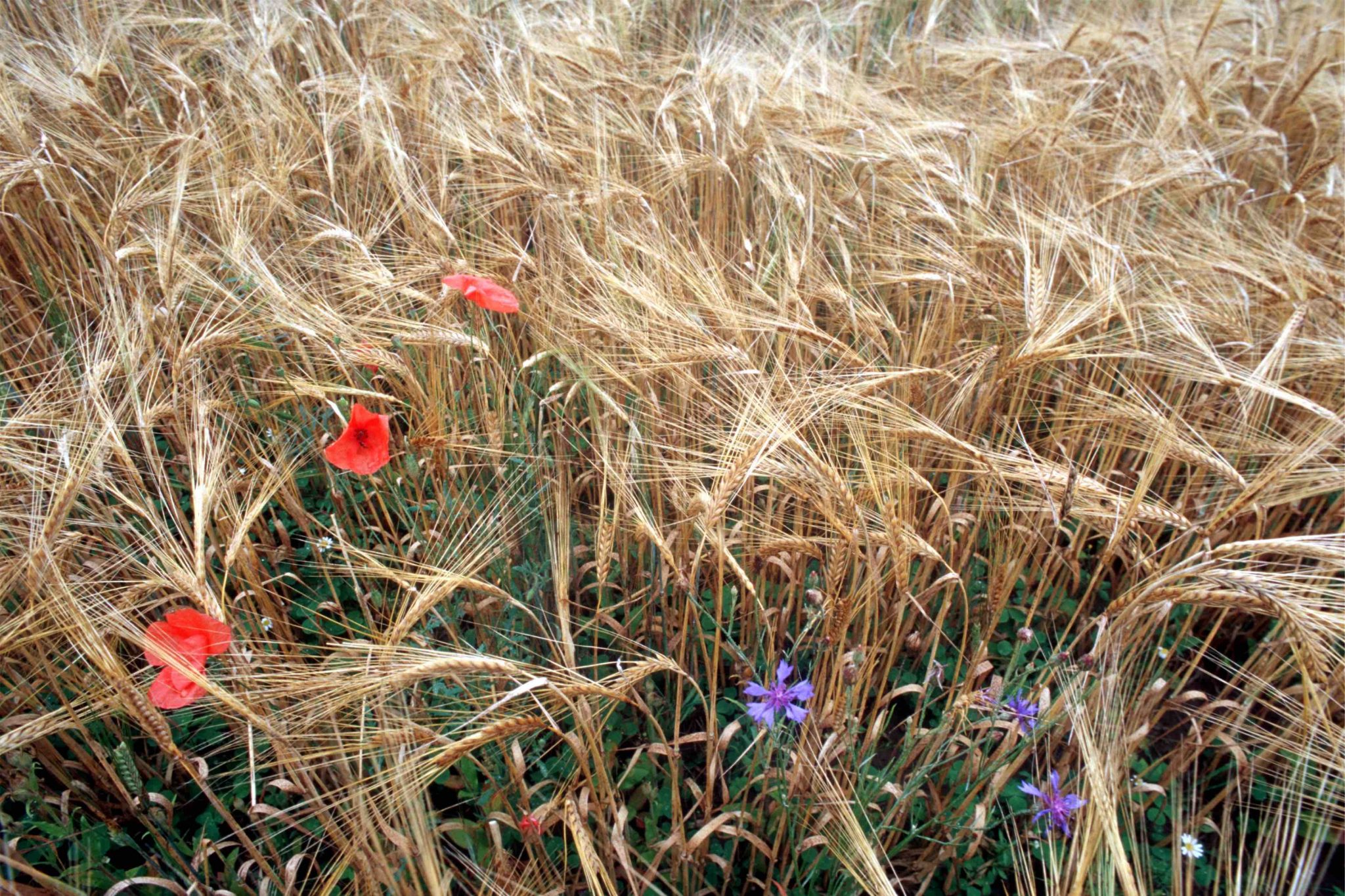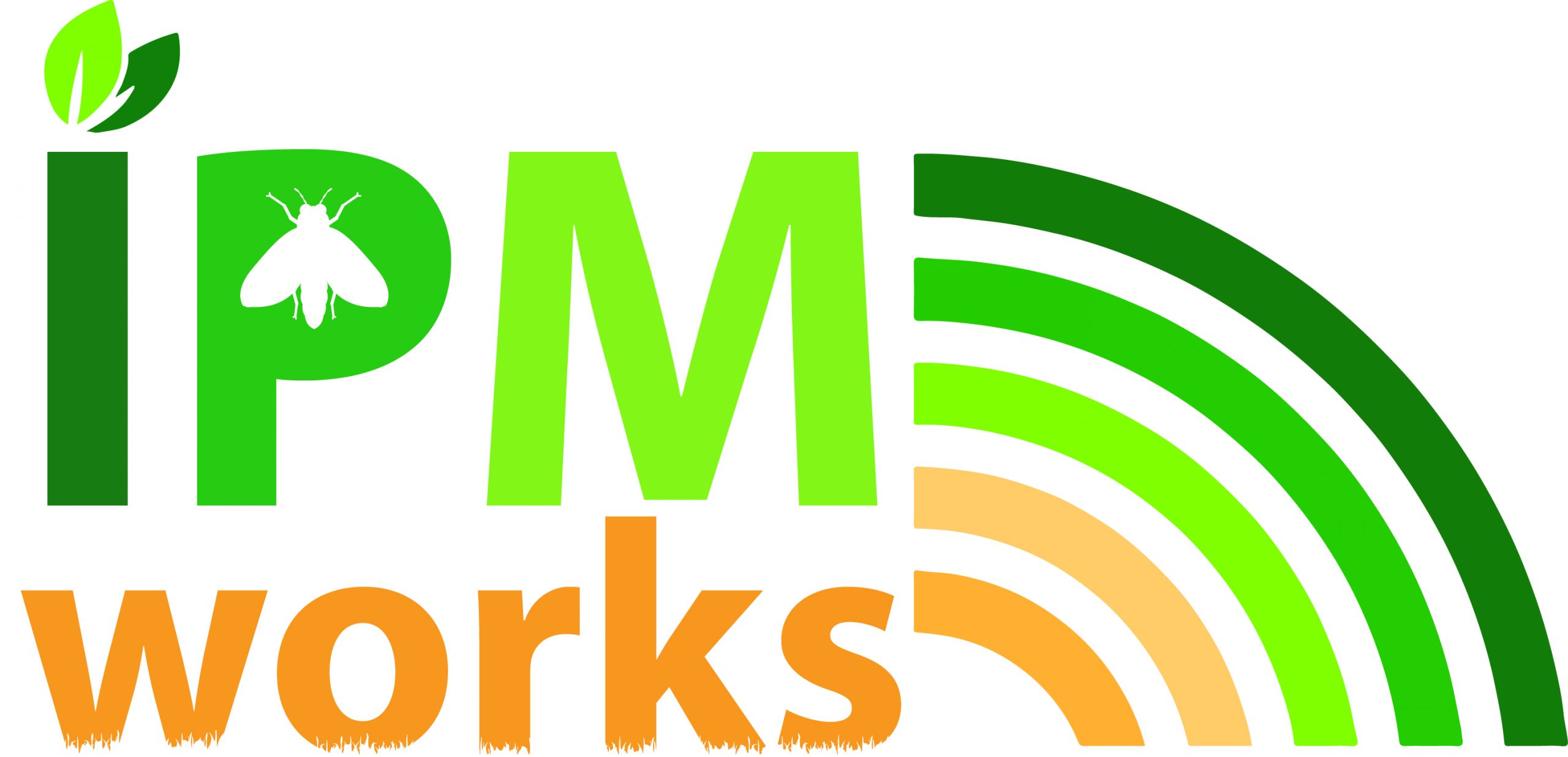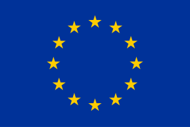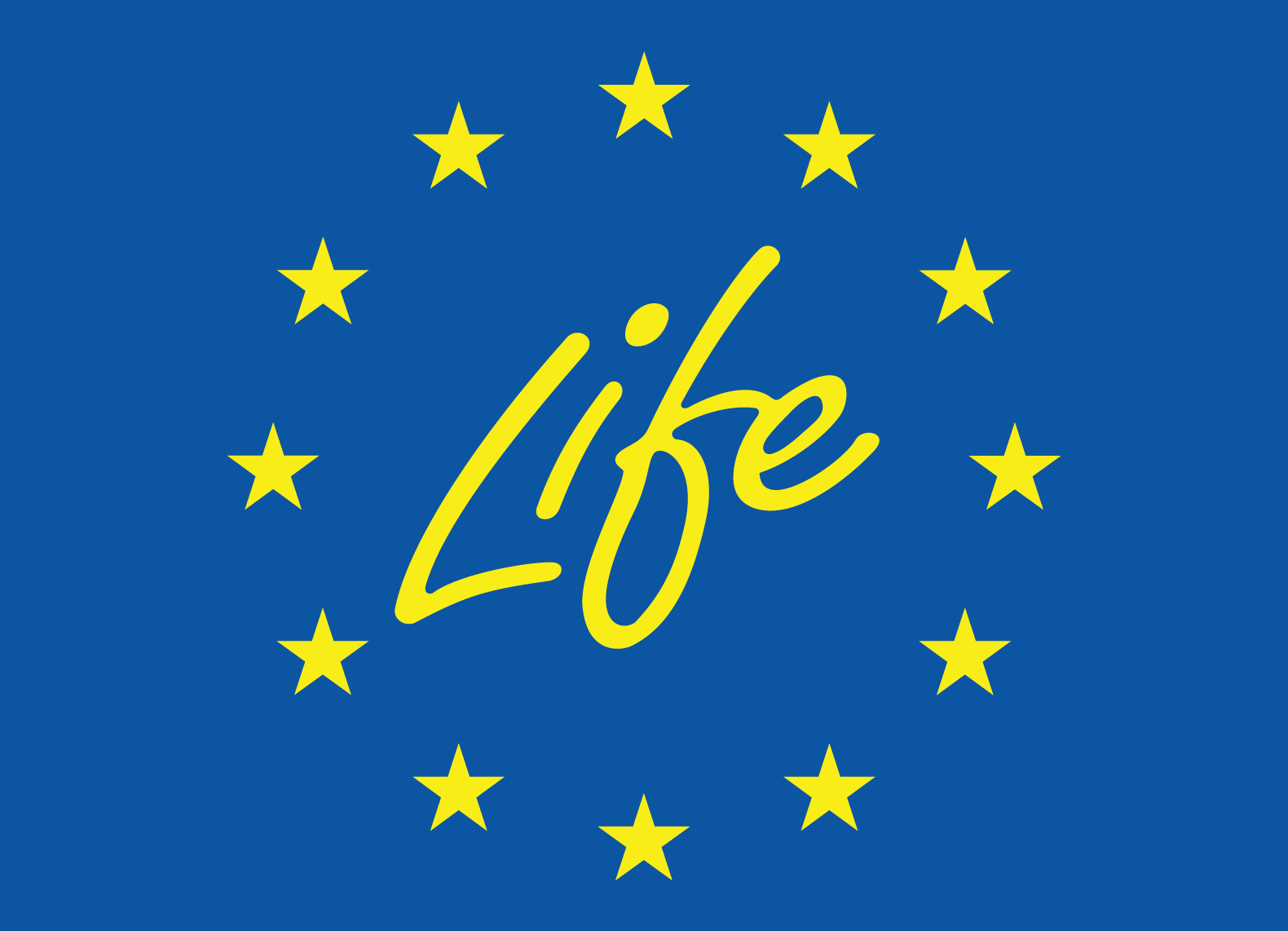
Plant nutrition
Providing crops with the nutrients they need
Organic farming uses a system approach which contributes to maintaining and enhancing soil fertility by closing nutrient cycles where possible. Plants should preferably be fed through the soil ecosystem. Few fertilisers and soil improvers are allowed in organic and their use should be justified. Additionally, all allowed fertilisers and soil improvers have to be compatible with the objectives and principles of organic production.

The consequences of excessive use of fertilisers on the environment are manifold. Applied nutrients leach into water systems, pollute the air and contribute to climate change by emitting copious amounts of nitrous oxide. Almost 40% of the EU’s agricultural emissions come from the production of synthetic fertilisers.
Of course, organically managed land also needs to replenish nitrogen that moves from the soil to the crops we produce. But organic agriculture seeks to create agricultural systems that are significantly lower in use of and dependency on off-farm inputs. This is why organic agriculture plays a key role in achieving the Farm to Fork and Biodiversity strategies’ targets. These targets want to:
- Reduce nutrient losses by at least 50%, while ensuring there is no deterioration in soil fertility, and
- Reduce fertiliser-use by at least 20% by 2030.
Organic farming strictly limits the use of synthetic fertilisers. Rather than focusing on short-term benefits, it relies on long-term integrated approaches that can provide continuous and stable food production without harming the environment. Soil is central in organic agriculture. Organic farmers see soil fertility as a complex interaction of biological, chemical and physical attributes, not just the amount of nutrients in the soil.
By taking a holistic approach, an organic system can significantly lower its dependency on external input while producing sufficient yield. Concrete management practices that organic farmers use involve using alternatives to manufactured fertilisers like animal manure, slurry, compost, biogas digest, and green manure from plant residues and nitrogen-fixing legumes.
IFOAM Organics Europe…
- Follows the implementation of the new Fertiliser Product Regulation (EU) 2019/1009 and follows the elaboration of the Integrated Nutrients Management Action Plan (INMAP);
- Facilitates discussion on the compatibility of recycled fertilisers suitable for organic farming (from urban waste streams, for example); and
- Researches new types of fertilisers and their suitability for organic farming systems.
Ongoing processes
- Implementation of the new Fertiliser Product Regulation (EU) 2019/1009: This Regulation will apply from 16 July 2022. Some secondary acts relating to fertilising products compatible with organic principles are still under development.
- Upcoming “Integrated Nutrient Management Action Plan” (INMAP):This new initiative was announced in the EU Circular Economy Action Plan published in March 2020. The Commission will develop INMAP with Member States, aiming to ensure a more sustainable application of nutrients and stimulating the market for recovered nutrients. This will be an important tool to reach Farm to Fork and Biodiversity strategies’ target to reduce fertiliser use.
Legislative background
- Regulation 2019/1009 on making EU fertilising products available on the market;
- Nitrates Directive 91/676 concerning the protection of waters against pollution caused by nitrates from agricultural sources;
- Regulation on animal by-products 1069/2009: to prevent and minimise risks to public and animal health arising from those products, and in particular to protect the safety of the food and feed chain.
RELACS – Alternatives for inputs in organic farming
The ‘Replacement of Contentious Inputs in Organic Farming Systems’ (RELACS) project looks into safe tools and technologies to phase out inputs considered contentious in organic farming. One of the project’s work packages looks into alternatives for using rock phosphates and conventional manure as fertilizers.
IPM WORKS

IPMWorks will build a European farm network to demonstrate integrated pest management (IPM) strategies and to promote the adoption of such strategies via knowledge exchange;
SOLMACC – Organic farmers countering climate change
The ‘Strategies for Organic and Low input farming to Mitigate and Adapt to Climate Change’ (SOLMACC) project was about demonstrating that farming can be climate-friendly by applying a combination of optimised organic farming practices. One of these practices was ‘Optimised on-farm nutrient recycling’. Have a look at what the farmers had to say about it and read more about the practices in ‘Practical examples’.
Sustaingas
IFOAM Organics Europe was part of the Sustaingas project that aimed at promoting sustainable biogas supply by positioning sustainable biogas products from organic farming. Read the handbook for organic farmers.
One of the practices from the ‘Strategies for Organic and Low input farming to Mitigate and Adapt to Climate Change’ (SOLMACC) demonstration was ‘Optimised on-farm nutrient recycling’.
Organic agriculture uses organic fertilizers like manure, slurry, compost, biogas digest; plant residues from mulching and/or nitrogen fixing legumes in crop rotation. The advantages of these practices is that they usually use on-farm materials, thus emitting less greenhouse gas emissions from production and transportation. Of course, organic fertilizers can also have implications for climate change. For example air pollution, eutrophication and groundwater contamination. To close nutrient cycles as much as possible, and to reduce greenhouse gas (GHG) emissions, the SOLMACC farmers tested different practices:
- Composting: Farmers covered compost piles of different materials with fleece blankets. Doing so efficiently reduced GHG emissions, mainly from methane compared to manure storage on an open dung heap or in a slurry pit. The compost has other indirect positive effects on climate change adaptation. Compared to applying mineral fertilisers, on-field compost application improves soil structure and thus the farm’s resilience against extreme weather events like droughts and heavy rainfall. At the same time, compost bears less hygienic risks than fresh manure – which can be of importance in vegetable production or on grasslands.
- Biogas production and using liquid wastes: Some SOLMACC farmers fermented their farmyard manure in their own biogas facility. Doing so, methane emissions can be reduced in comparison to keeping manure as manure pile. Additionally, they avoid emissions from fossil fuel for heating, and can use the biogas slurry as on-farm fertilizer.
- Mobile livestock housing: Some farmers held livestock in mobile housing on the arable fields. The straw beddings and manure from cattle, pigs, sheep and chicken functioned as fertilizer.
Have a look at what the farmers shared about their experiences.
In the past 10 years, the owners of EkoMarchaty have not used chemical fertilizers. Instead they used a solution called ProBiotechnology. In ProBiotechnology, a non-genetically modified composition of beneficial microorganisms is used. Their metabolites contain a total of fermented mixture of natural ingredients. Read more about this initiative on euorganic2030.bio.
Organic farm ‘Mrowisko’ specialises in organic vegetable production. The farm does not keep animals, but produces compost, vegetable broth and plant extracts. The effects are achieved mainly by properly constructed crop rotation, composting, organic fertilizers allowed by Fertilizer Institute in Puławy and manure purchased at organic farms. Proper composition of neighbouring plants protects the cultivation from pest and diseases. For more information, visit euorganic2030.bio




